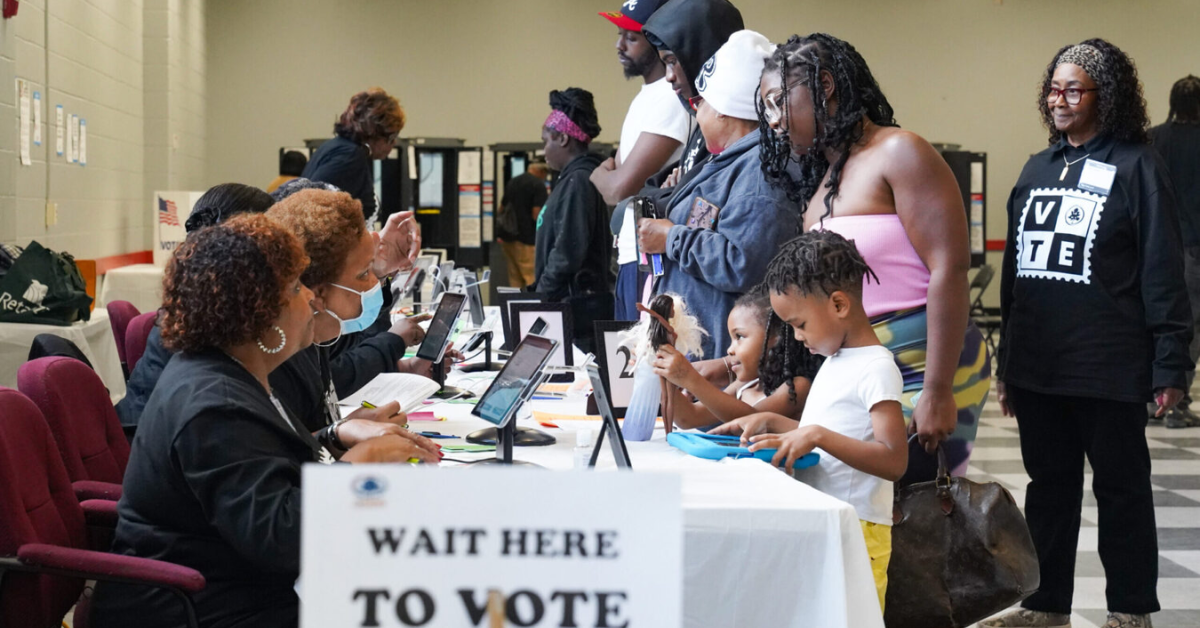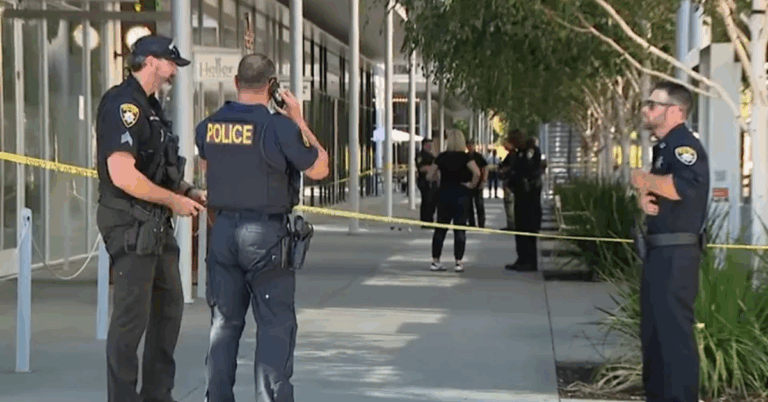
In recent times, the U.S. Department of Justice (DOJ) has taken a keen interest in gathering detailed personal voting data from citizens across the country. This move has raised many questions and concerns, especially regarding privacy and how this information will be used. Understanding why the DOJ wants this data and what it means for voters is crucial, not only for Americans but for global observers interested in democratic processes.
The collection of personal voting data is not a new practice in many countries, but the scale and intent behind the DOJ’s request have sparked significant debates. The information sought typically includes data on voter registration, voting patterns, and sometimes even detailed personal identifiers. This article explores the reasons behind the DOJ’s demand, the potential impact on voters, and how this aligns with legal frameworks.
What Personal Voting Data is Being Requested?
The U.S. Department of Justice is asking for extensive personal voting details as part of its effort to ensure election integrity. This data includes names, addresses, dates of birth, party affiliations, and voting history, such as when and where individuals cast their ballots. According to a report by NPR, this data helps the DOJ investigate potential voter fraud and abuse, which they argue is essential to maintaining the trustworthiness of elections (NPR).
However, critics argue that the level of detail requested could infringe on personal privacy. Some worry that this data might be misused or improperly secured, leading to identity theft or political profiling. Voting history, while publicly available in some states, can become sensitive when aggregated with other personal information.
Why Does the DOJ Need This Data?
The main reason the DOJ wants personal voting data is to monitor and investigate claims of voter fraud, which has been a contentious issue in recent years. The department emphasizes its role in protecting fair elections and ensuring that every legal vote counts. The DOJ’s request is part of broader efforts to adhere to the Voting Rights Act and other federal election laws.
According to the DOJ’s own statements, gathering this data can help detect illegal voting practices, stop duplicate voting, and prevent other abuses that could undermine election outcomes (U.S. Department of Justice). While the goal is legitimate, the methods and transparency of data collection remain under scrutiny.
Concerns About Privacy and Data Security
A major concern surrounding the DOJ’s request is the protection of personal information. Many voters worry about how their data will be stored, who will have access to it, and what safeguards exist against hacking or leaks. Experts in data privacy argue that the government must ensure strong security measures to protect voters’ identities.
Privacy advocates and civil rights groups have also highlighted the risk of this data being used for surveillance or political targeting. The Electronic Frontier Foundation (EFF) points out that while combating voter fraud is important, it should not come at the cost of individual privacy rights (EFF).
What Does This Mean for Voters?
For voters, this means being aware of how their personal information is handled during elections. While states have their own rules about public access to voter data, the DOJ’s expanded data requests might change how much information is shared. Voters should stay informed about their state’s privacy policies and rights regarding electoral data.
Being vigilant about the sources and uses of voting data can help protect individual rights while supporting fair elections. It’s important for younger voters and first-time voters, who are typically more engaged with digital platforms, to understand how their data flows during voting seasons.
How You Can Protect Your Voting Data
Although some data collection is unavoidable, voters can take steps to safeguard their personal information. Registering to vote through official channels, avoiding sharing sensitive voting data online, and supporting organizations advocating for election privacy are good practices. Staying informed about legislation related to voting data in your area also helps.
If you’re concerned about your voting data being shared, consider reaching out to local election officials to learn about what information is public and what protections exist. Engaging in community discussions and supporting transparency can influence how voting data policies evolve in the future.
Conclusion: Balancing Election Security and Privacy
The U.S. Department of Justice’s pursuit of personal voting data reflects the complex balance between securing elections and protecting voter privacy. While the aim is to prevent fraud and uphold democratic integrity, it raises valid concerns about data safety and individual rights. As voting becomes increasingly digital, understanding these issues is vital for all citizens.
For young readers, staying informed and proactive about such topics is key to ensuring that elections remain both fair and respectful of privacy. Following credible sources and participating in civic education initiatives can empower voters to safeguard their rights in the digital era.









